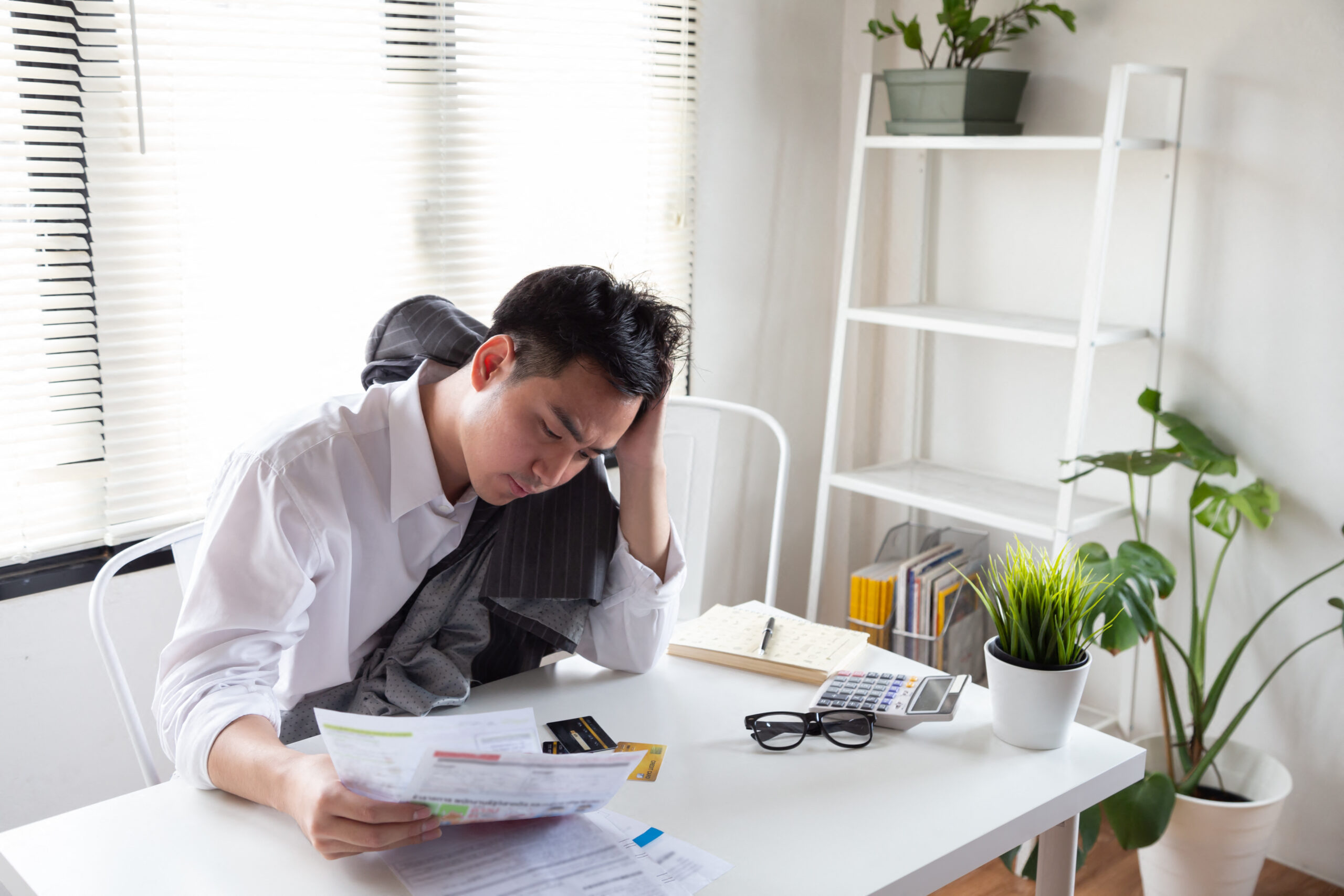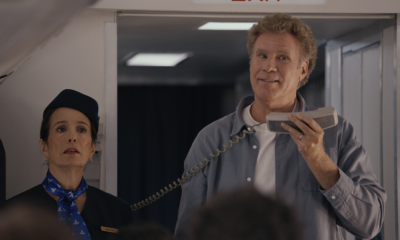-

 Celebrity News1 week ago
Celebrity News1 week agoAmber Heard Keen for a Fresh Start in Hollywood After Johnny Depp’s Comeback Joy
-

 Entertainment1 week ago
Entertainment1 week agoHollywood HookUps: Drew Carey Finds Love Again, Dani Bowman Splits Over Beliefs and Kristen Stewart Ties The Knot
-

 Celebrity News1 week ago
Celebrity News1 week agoVideo of Justin Bieber’s Coachella Antics Spark New Fears for His Well-Being
-

 Celebrity News1 week ago
Celebrity News1 week agoBritney Spears’ Painful Breakup Fuels Toxic Spending Sprees and Growing Money Fears
-

 Celebrity News1 week ago
Celebrity News1 week agoGigi Hadid Ready to Deliver Ultimatum to Bradley Cooper After Two Years Together
-

 TV Shows1 week ago
TV Shows1 week agoKelly Reilly and Cole Hauser Make Big Demands as ‘Yellowstone’ Spinoff Heats Up
-

 News1 week ago
News1 week agoHow Much Beyoncé, LeBron, and Lady Gaga Were Secretly Paid by Kamala Harris’ Campaign
-

 News1 week ago
News1 week agoMegyn Kelly Criticizes Michelle and Barack Obama’s Marriage: “They Married the Wrong People”
-

 News1 week ago
News1 week agoNew Files Reveal Investigators Suspected High-Level Conspiracy in Robert F. Kennedy’s 1968 Assassination
-

 Celebrity News6 days ago
Celebrity News6 days agoKeith McNally Claims He Had Teenage Affair With Alan Bennett in Explosive Memoir
-

 Celebrity News1 week ago
Celebrity News1 week agoJelly Roll Boosts American Idol Ratings — But Not All the Judges Are Happy, Says Source
-

 TV Shows1 week ago
TV Shows1 week agoArnold Schwarzenegger Offers Himself for ‘White Lotus’ Cameo to Costar With Son Patrick













